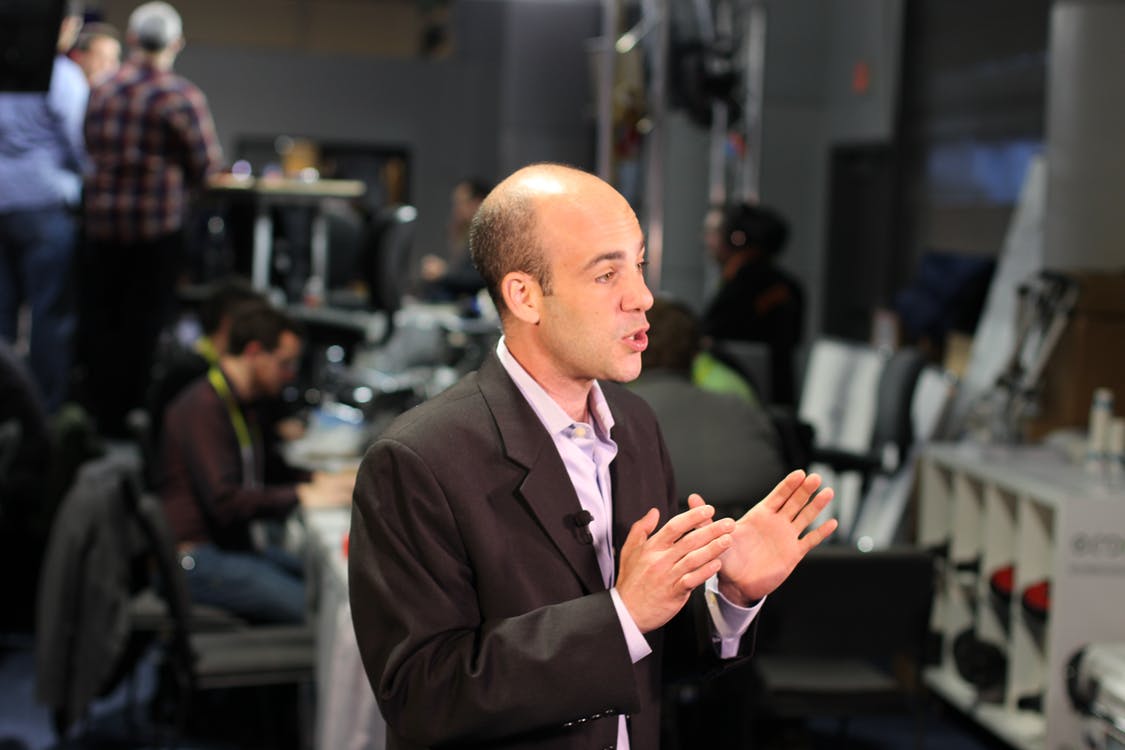
During the past few weeks, I’ve been helping a recent graduate pull together the materials she needs to land her first journalism job.
We started slow and simple. First, we re-worked her resume then we agreed upon a few work samples she could use as clips. For the remainder of 2017, she and I will work on writing the perfect cover letter, finding job openings online and planning for a big move out of New York. I went into this partnership not knowing what to expect, but I’m happy to say I’ve really enjoyed coaching her.
She is exactly the type of young journalist someone with experience would want to help. She has raw talent that can be molded into something special. She had a few internships and she’s willing to move anywhere to get her first job. But there’s still one problem with this situation: I’m the one helping her – not the journalism professors she has studied under for the past four years.
My mentee graduated this past May from a very expensive private school in Upstate New York. I have no idea how much this young woman paid in tuition, but I’m sad for her. From my interactions with her, I could tell that no one at her alma mater sat her down and explained what she needed to do to get a journalism job. I don’t know who to blame for this, but my heart knows that this young woman was shortchanged – big time.
And so, I’m going to help her. Simultaneously, I’m going to help any other journalism student who isn’t getting career-building advice from professors or other college staff. I’m going to break down, semester-by-semester, what college students should do to better position themselves after graduation. This advice applies to anyone who wants any type of media job, from radio or TV to online or print.
FRESHMAN YEAR
First Semester
- Start taking your journalism classes and bust your hump to get an A
- Start working in student media – newspaper, TV station, magazine, radio station, online publication, whatever. Take on any and every assignment
- Launch social media platforms – at minimum Facebook, LinkedIn, and Twitter
Second Semester
- More journalism classes and more work at your student media outlet
- Find three professional news organizations that you love and read three stories from each every day. My recommendations are CNN, the New York Times and whatever your local TV/newspaper is in town.
- Pay for a student membership at a professional journalism organization like SPJ, NABJ, NAHJ, ONA or EWA. This will get you access to workshops and programs that help groom budding journalists.
SOPHOMORE YEAR
First Semester
- Ace your journalism classes, return to student media outlet and continue reading professional news outlets. Be sure to post stories that you like on social media
- Begin researching what news organizations offer the type of summer internship you’d want. Pull together all the materials needed and apply before the deadline. Do not be discouraged if you get rejected.
- If you don’t have any already, start saving up money so that soon you can buy yourself some business casual clothes.
Second Semester
- Focus on classes and ask for a new or tougher job role at the student media outlet
- Build a relationship with a professor who you trust and preferably one who has done the type of journalism you’d like to do one day. Ask that person to sit down with you and review your student work thus far and ask what you need to do to get better. Spend this semester making those improvements.
- Go online and research the local journalists who are doing work similar to what you want to do. Keep their name and contact info and save it for next year.
JUNIOR YEAR
First Semester
- Ace classes and transition into bigger role in student media
- Create an online portfolio of your best student work and/or best work from summer internship. This can be done using Pressfolio, WordPress, Medium, Contently, or a host of other portfolio sites
- Work with a professor to develop a new resume so that you can apply for your first or second summer internship. Again, gather the materials and apply before deadline.
Second Semester
- Along with your getting good grades and working in student media, contact members of that list of media professionals from last year. Ask them to go out for coffee and say you want career advice. Show them your resume and online portfolio. Ask what advice they have for you to get better
- Go out and buy as many business casual clothes as you can. They will likely be your wardrobe for your summer internship.
- Continue updating your favorite professor about your class work, your quest for an internship and what you read in the news.
SENIOR YEAR
First Semester
- Make sure you’re on track to graduate from college. Make this semester your farewell tour in student media.
- Update your resume and online portfolio with your internship work. Have both looked over by an outside professional and a professor. Once they are clear, begin applying for journalism jobs 4-6 months before you graduate
- Start researching the issues and controversies happening in the media industry. That means read Poynter and other organizations that deliver updates about the news industry
Second Semester
- Return to your professional journalist buddy and tell them you’re on the hunt for your first job
- Make plans to attend as many journalism job career fairs as possible
- Apply for internships as well because you can continue searching for jobs while working at the internship. Place preference on paid internships.
If any student follows these steps, he or she will be in a great position to land a job fresh out of college.
